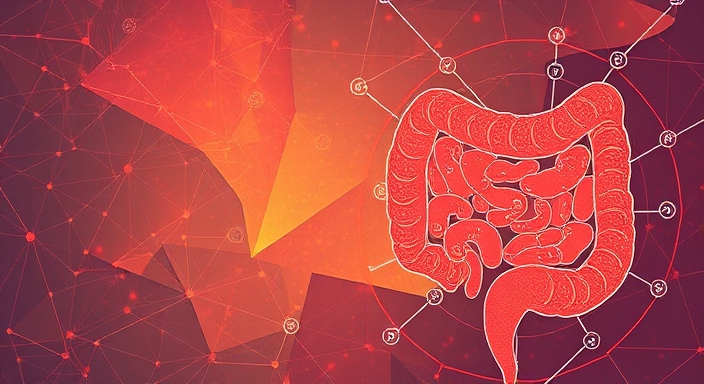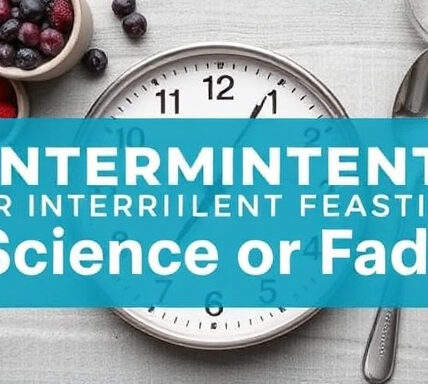In recent years, scientists have increasingly recognized the profound connection between gut health and mental well-being. Often referred to as the “second brain,” the gut plays a vital role in regulating emotions, mood, and cognitive function. This relationship, known as the gut-brain axis, suggests that what we eat and how well our digestive system functions can directly impact mental health.
The Gut-Brain Axis
The gut and brain communicate continuously through a complex network of nerves, hormones, and biochemical signals. One primary way this connection operates is through the vagus nerve, which links the brainstem to various organs, including the intestines. In addition, the gut microbiome—a collection of trillions of microorganisms living in the digestive tract—plays a critical role in regulating this two-way communication.
Gut bacteria help produce neurotransmitters such as serotonin, dopamine, and gamma-aminobutyric acid (GABA), essential for mood regulation. About 90% of the body’s serotonin, often called the “happiness chemical,” is produced in the gut. This makes it clear how a disturbance in gut health can negatively impact mental well-being, contributing to issues like anxiety, depression, and stress.
How Poor Gut Health Affects the Mind
When the balance of good and bad bacteria in the gut is disrupted—known as dysbiosis—it can lead to inflammation, digestive issues, and the release of harmful toxins into the bloodstream. This imbalance has been linked to mental health disorders such as anxiety, depression, and even cognitive decline. Research suggests that individuals with irritable bowel syndrome (IBS) and other gastrointestinal conditions are more likely to experience mood disorders, reinforcing the link between digestive health and emotional well-being.
Chronic inflammation in the gut can also affect the brain through the release of cytokines, small proteins involved in immune responses. Prolonged inflammation has been associated with symptoms like fatigue, brain fog, and depression. This further highlights the importance of maintaining a healthy gut for optimal mental health.
Enhancing Mental Well-Being Through Gut Health
Improving gut health is not only essential for digestive wellness but also for better mental well-being. Here are some ways to support a healthy gut:
- Eat a Balanced Diet: Consuming fiber-rich fruits, vegetables, and whole grains helps feed beneficial gut bacteria. Fermented foods like yogurt, sauerkraut, and kefir provide probiotics that replenish healthy bacteria in the gut.
- Take Prebiotics and Probiotics: Prebiotics (like garlic and bananas) nourish good bacteria, while probiotics introduce healthy strains of bacteria into the digestive system.
- Manage Stress: Chronic stress can negatively impact the gut-brain connection. Yoga, meditation, and regular exercise can reduce stress and enhance gut function.
- Stay Hydrated: Drinking plenty of water ensures smooth digestion and prevents constipation, essential for a healthy gut.
- Avoid Excessive Sugar and Processed Foods: A diet high in sugar and processed foods promotes the growth of harmful bacteria, disrupting the gut’s microbial balance.
Conclusion
The role of gut health in mental well-being is undeniable. By nurturing the gut through a balanced diet, stress management, and healthy lifestyle practices, individuals can positively influence their physical and psychological health. As research on the gut-brain axis continues to evolve, it becomes increasingly clear that maintaining a healthy digestive system is essential for overall emotional well-being. Therefore, taking care of the gut is not just a matter of physical health—it’s also a critical part of mental wellness.





